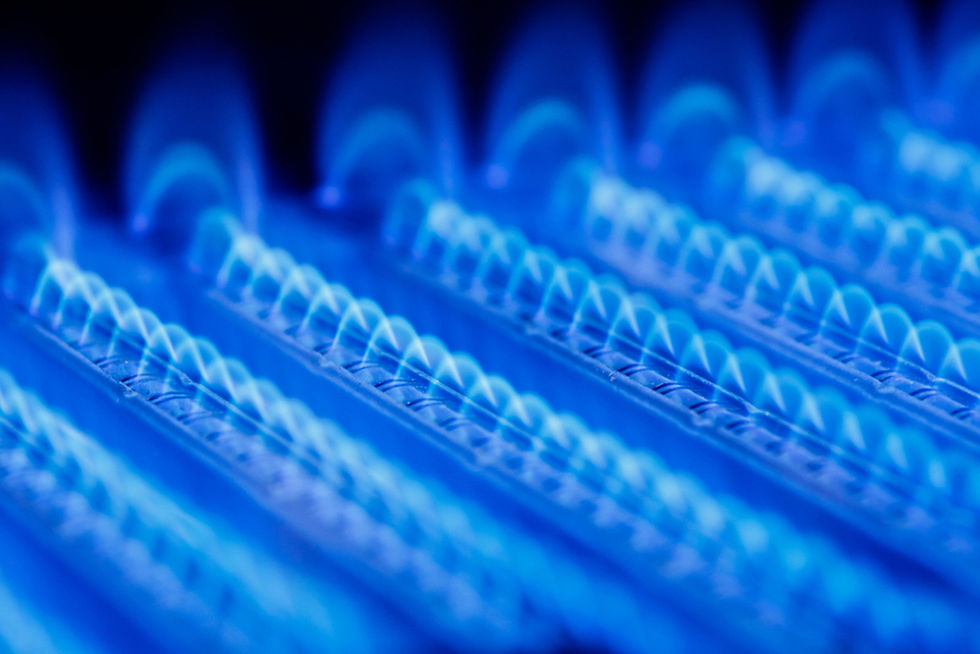
If you have been a landlord for many years, you are likely to be aware of all the legal responsibilities you have when it comes to keeping your property (or properties) in good condition. But if you’re just starting out, there may be some things you’re not quite sure of yet. It’s best to get to grips with what you need to do as a landlord as soon as possible, so that you know what to do when a tenant comes to you with a gas or plumbing problem. Read our short guide below to find out where you stand when it comes to plumbing and heating repairs.
What are a Landlord’s Responsibilities?
As a landlord, you are responsible for most repairs in the property you own. This includes the structure and exterior of the building; electrical wiring; chimneys and ventilation; heating and hot water; pipes and drains; and sanitary fittings such as toilets, sinks and baths. It also includes any communal spaces such as shared kitchens.
The law states that if any item you have provided becomes faulty, it is your responsibility to replace it. And if internal decorations are damaged during repairs, it is also your responsibility to ensure these are fixed. As this is the law, it applies even if the tenancy agreement says something different.
Who is Responsible for Gas Appliances?
The gas supply and appliances in the home must be in a safe condition, and they must be fitted or repaired by a Gas Safe registered engineer. These appliances may include gas pipework, gas cookers, gas boilers, gas fires, and gas water heaters. Tenants are responsible for any gas appliances that they own themselves, but you are responsible for any flues, pipework or chimneys they are connected to.
Installing Carbon Monoxide Detectors
If the property has a coal fire or wood burning stove, carbon monoxide detectors must be installed. The detector must be in proper working order when it is installed and at the start of all new tenancies. At all other times, it is the tenant’s responsibility to check it is still working and contact you if it needs replacing or new batteries. Carbon monoxide detectors are recommended for all homes with gas or oil heaters and boilers, but you do not legally have to supply one.
Landlords’ Gas Safety Certificates
Landlords need to arrange an annual gas safety inspection to be carried out by a registered Gas Safe engineer. When this inspection is carried out you will receive a Landlord’s Gas Safety Certificate (CP12) which will be valid for twelve months.
If a problem is found with any of the gas installations in the home, they will be made safe by disconnecting faulty equipment and arranging for your gas supply to be cut off.
The Gas Safety Certificate, or Gas Safety Record, will list details of what was checked in the property and any problems we found. This includes the following:
A description and location of each appliance/flue checked
Name, registration number and signature of the engineer who carried out the check
Date on which the check was carried out
The address of the property where the appliance/flue is installed
The name and address of the landlord (or their agent where applicable)
Any safety defect identified and any action required or taken to rectify it
Confirmation of the results of the operational safety checks carried out on the appliances
This is the minimum information that will be on the Landlord’s Gas Safety Record – there may be other information on the report depending on the work that needs to be carried out.
The Gas Safety Record must be provided to tenants before they move in (if they are new tenants), and within 28 days of the gas safety check being carried out.
At JMCD Plumbing and Heating Engineers Halifax we are Gas Safe registered – we can carry out the required checks to ensure your property is safe, and provide you with gas safety certificates. We can also service and repair all your gas appliances during the same visit.
_.jpg)




Comments